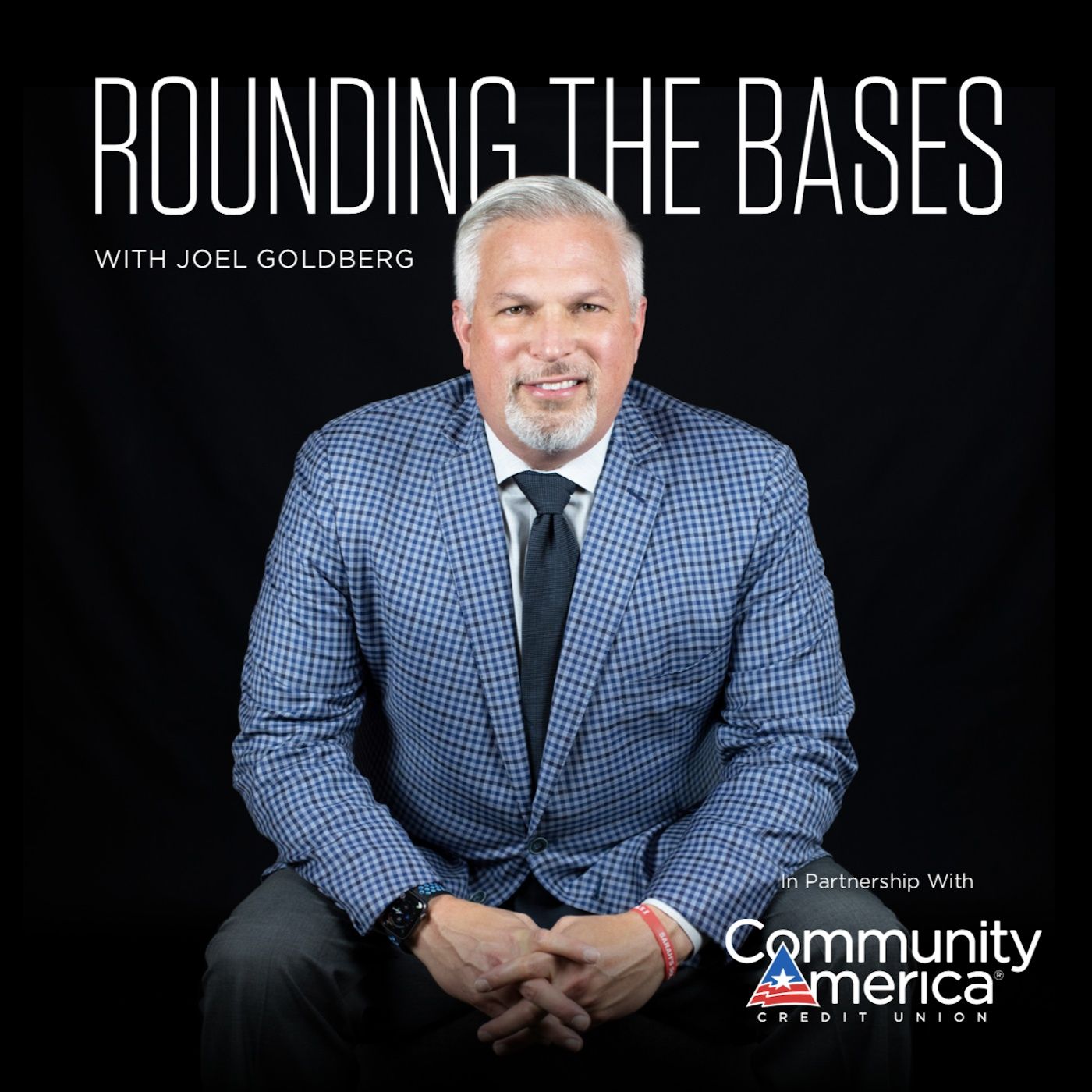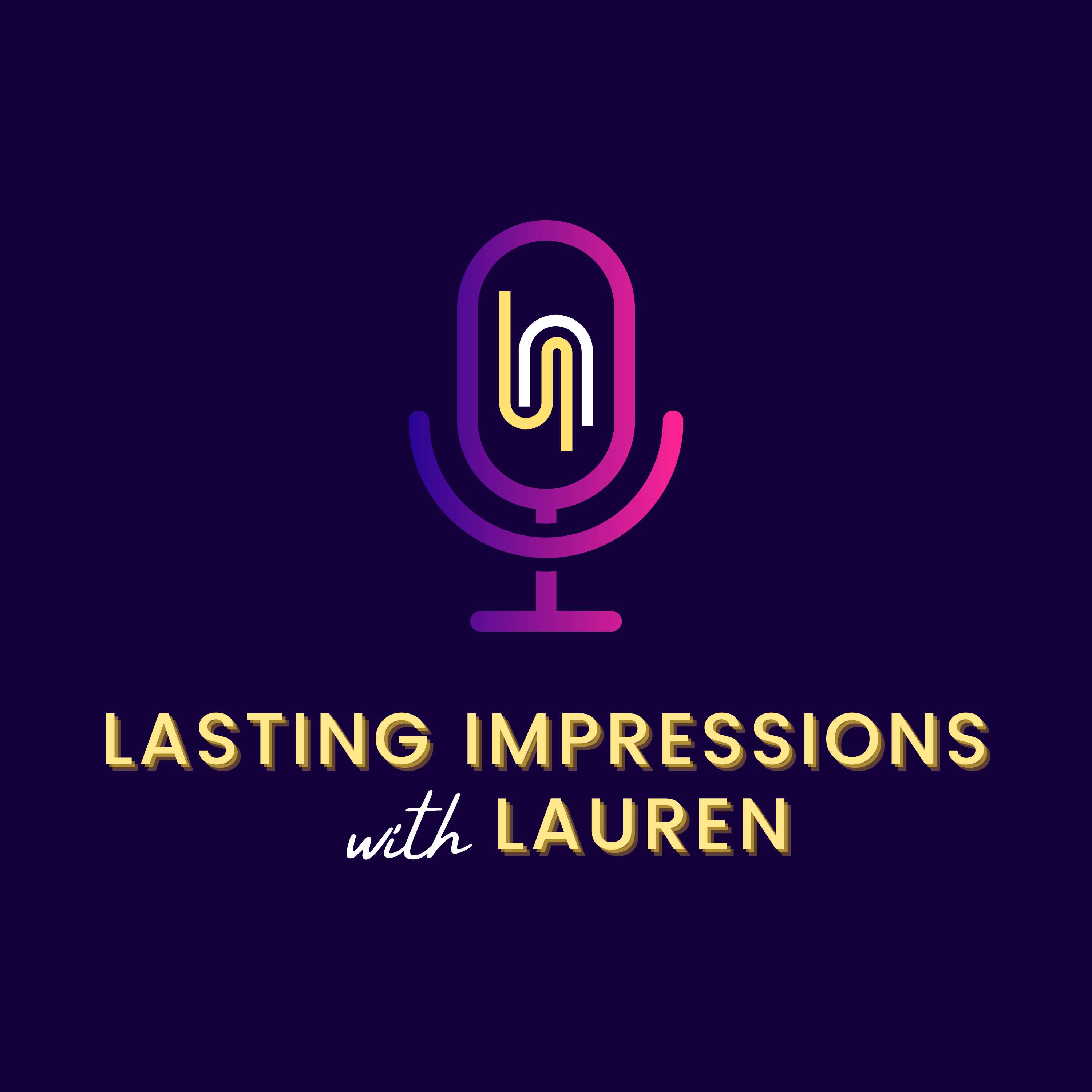Where do our relationship and understanding of money come from? How has it shaped who we are today and the decisions we make? How does our money mindset impact our practice and our business success? There are just some of the questions that my friend, Garrett Gunderson, and I discussed during our time together. If you’re open to a radically new perspective on money and how you can use it to transform yourself personally, you’re going to love this interview. Here’s some of what we covered: What is money? Where does our money mindset come from? What shapes our relationship with money? How does money affect our relationships? What are other ways to measure success at home and in business aside from money? What are some of the biggest money mistakes small business owners/practitioners make? What inspired you to do standup? Where’s a good place for us to invest our time and money? What’s more valuable, time or money? What’s some business advice you wish you’d gotten when you were just starting? For those of us with children, what are tools you can share with us to shape their money mindset towards abundance? What’s a piece of advice that you wish you had taken? Key Takeaways: [1:02] Sachin welcomes listeners to Perfect Practice. Sachin welcomes and introduces his friend, Garrett Gunderson. [1:12] Garrett is profoundly intelligent and funny and in this episode, he takes a topic that many of us have challenges with and make it enlightening and entertaining. Sachin welcomes Garrett and introduces him. Garrett turned 44 on the day of this recording! [3:47] Sachin shares Garrett’s bio. [6:12] Garrett tells about his Spiderman adventure with his two kids in his neighborhood. [7:11] Garrett has an upcoming book that he has been working on for seven years. It is intended to take you on a journey of engagement to shape how we look at money and finance. Garrett believes it is time for a new conversation around money and this book will start it. The title of the new book is Money Unmasked. [9:32] Money is a tool of efficiency. It is a snapshot that represents the value you’ve created up until this time. That could include luck. For most, it represents the energy that you’ve put out into the world because you’ve either served someone, solved a problem, or added value. It’s not why you’re valuable. It does not dictate what you are capable of doing. [10:04] Money doesn’t reflect your potential nor determine your destiny but it’s a way that we can tap into other people’s abilities to be more efficiently connected to what we’re doing. [10:43] Garrett shares his thoughts about investing. We want our investments to grow, but what happens when it’s more than we can handle? What if you buy too many pieces of real estate or get involved in too many cryptocurrencies? The less related we are to our investments, the more risk we invite of not being clear about how we deliver value. [12:01] You connect to people in relationships without money being a determining factor. See each other for the moment that we are in, not for the things we have. We struggle because we think that our value is in our money. People pose that they have more than they do, which creates jealousy and envy. [13:59] Don’t connect your happiness to markets. Make investments in your skillset, and the best essence of your life. Investments can make you long-sighted or short-sighted. Everything in-between is where the joy and fulfillment come in. Garrett could buy real estate, but he only buys real estate that he can utilize. He uses his money intentionally. He never wants to retire. [19:03] Garrett makes investments in himself as a human being for the connections he can have with other human beings because of that. He doesn’t want to invest in mutual funds because he’s not connected to them. [20:24] Garrett asks questions to get to the best understanding of things. When people tell him “it’s science,” he asks what studies they are citing and where the science comes from. Better questions lead to better relationships and better learning that doesn’t come from the classroom. The classroom does not teach much about money. Garrett talks about the Series 65 test. [22:47] No one is smarter than you in your soul purpose, in your values, in your abilities, in your passions, where you are at your best. Don’t do what everyone else is doing. What everyone is doing hasn’t led to sustainability, peace, and prosperity. [23:35] Why Garrett is contrarian. [24:45] Garrett tells how his views changed at age 18 when he went with a friend to teach English in South Korea. He found out that people are people, around the world. He learned about propaganda. He started asking different questions to start understanding what governments and financial institutions might do to control people. [29:23] Garrett’s views on money and finance developed when he began an internship selling insurance and mutual funds at age 19. He asked questions about the RRSP and learned about the downsides. He kept asking questions and then wrote Killing Sacred Cows about the nine financial myths people can’t detect. [32:23] We have four money personas. A lot of our money mindset comes from scarcity. Misers hold on to what they have. Conservatives accumulate for the future. Strivers earn more to have more status. High Rollers are addicted to opportunity. They all come from scarcity thinking that there’s only so much to go around. It is consumer conditioning. It started with Edward Bernays. [33:13] Edward Bernays is the father of modern consumerism, which is a zero-sum game and scarcity. Childhood trauma has an effect and if we don’t address childhood trauma, we don’t mature in our money mindset. Garrett talks about his latest book, Disrupting Sacred Cows. [34:27] Money affects our relationships. Garrett uses his marriage as an example. Once he and his wife understood their money personas, in 2008, they have not had a financial fight since. In their first year of marriage, they fought about finance over anything else. When we don’t understand the money factors that move us, we make bad decisions. [36:02] Money affects our health. It’s a chronic stressor. When we focus on money we are not present or at peace. [37:09] When people say they cannot afford their healthcare, they mean they are not worthy of it. Ask how you can afford it. Break it down into price, cost, and value. Garrett elaborates. If people don’t take care of their health now, they will spend far too much time in hospitals or decrepit. He uses the birth of his son, and a defect he had, as an example. [40:15] Chapter 7 of Garrett’s new book talks about reclaiming time. Time is not money. Energy is money. If you are overworked or depressed, you will be able to deliver less value in the marketplace. Time is a measurement. Garrett explains using time for your soul purpose. [42:54] In 2006, Garrett lost a business partner, Les McGuire, in a plane crash. For the next four months, he worked more but got less done because he was exhausted, trying to do it all himself. Receive support from other people instead of trying to do everything on your own. People are always willing to help. Sachin offers a recipe for being rich. If we were simply content, most problems would be solved. [46:13] Garrett reflects on the advice he received but didn’t follow from Mike Sloan about ambition. He ended up doing things he didn’t want to do and was busier than he wanted to be because he was too ambitious for money. He should have listened to him. His ambitious past behaviors have ramifications in his marriage today. [48:25] Garrett suggests how we can teach our children about mindset. He is teaching his children about purpose, career, fulfillment, and leisure; things that usually get pushed aside because of money. His oldest son is filming it and making a production, called Schooled. To end each lesson there is a fun purposeful activity to add structure to the teaching. [51:58] Instead of defaulting to telling your children, “We can’t afford this,” ask, “Is it worth it?” Or say, “It’s not a priority right now. If you guys want to be a part of it, we might match the earnings.” Words cast spells. A lot of people are under the spell of scarcity and consumption, so break the spell. Garrett has conversations about service to others with his children. [53:41] Garrett gives his advice for closing out 2022 and moving into 2023. There are millions of problems in this world and they should begin at the end of your driveway, not in your home. Don’t get caught up in an economy that’s impossible to predict. Focus on yourself. on your self-care, and on how you can serve more people, consistent with who you are. [55:25] Learn more about Garrett at GarrettGunderson.com. Take the Money Persona Quiz at GarrettGunderson.com/quiz to predict what your bad money behavior might be or look at how to get in a better spot with your qualities. He invites you to come to his comedy shows or buy his books. [56:28] Sachin thanks Garrett for being on the podcast to share his insights with practitioners. Our money mindset gives us permission to invest in ourselves. Sachin thanks you for tuning in today. Mentioned in this episode Perfect Practice Live MindShare365 Genius Network Rich Dad, Poor Dad: What the Rich Teach Their Kids About Money That the Poor and Middle Class Do Not!, by Robert T. Kiyosaki The Millionaire Next Door: The Surprising Secrets of America's Wealthy, by Thomas J. Stanley and William T. Danko Dave Ramsey's Financial Peace University: This Is Where It All Begins, by Dave Ramsey The Total Money Makeover: A Proven Plan for Financial Fitness, by Dave Ramsey Money Unmasked, by Garrett Gunderson (coming soon)! Series 65 RRSP 401(k) Edward Bernays Bitcoin A little bit about me, Garrett: I’m a modern-day “renaissance man,” well, maybe. An Inc. 500 founder of a financial firm and amateur barista. A rookie fly fisherman and Wall Street Journal #1 Bestseller. A public speaker who’s delivered hundreds of keynotes, and a mediocre guitar player at home. A bow hunter, Traeger grill semi-pro, former cross-fitter (emphasis on the former), and a whisky sommelier, which is real, and just as “douchey” as it sounds. But maybe the best way to know me is from a few notes my wife wrote: A man who can only drink tequila under supervision. A man who will stop at nothing to provide his wife food if she gets HANGRY — self-preservation really. A dad who was totally cool with letting his sons go anywhere with him, in any costume they may have on! (Yeah, a client offered my kids $100 to knock on every door in the neighborhood with the three of us sporting Spider-man costumes saying “the neighborhood is safe.” (My costume was too small, and more Moose Knuckle Man than Spider-man, but hey, that $100 spent the same.) A man who can’t fix a toilet, but can help you become financially independent so you can hire someone else to do it for you. A man who supports his wife’s meditation, even if she is just sleeping. A brother who bailed his sister out of jail, while almost going to jail himself in the process. A father who loves and adores his sons for exactly who they are. A son that loves his parents with all his heart. A man loyal to his family and friends, but most of all, his values. Here’s how you can learn more about Garrett’s work: What would the Rockefellers do?: How the Wealthy Get and Stay That Way, and How You Can Toohttps://amzn.to/3AfFSSM Disrupting Sacred Cows: Navigating and Profiting in the New Economy https://amzn.to/3QEBm5S Killing Sacred Cows: Overcoming the Financial Myths That Are Destroying Your Prosperityhttps://www.amazon.com/Killing-Sacred-Cows-Overcoming-Destroying/dp/1929774516 Here’s where you can connect with Garrett: FB: www.fb.com/garrettgunderson IG: @garrettbgunderson Website: www.garrettgunderson.com Money Persona Quiz: www.garrettgunderson.com/quiz More about your host Sachin Patel How to speak with Sachin Go one step further and Become The Living Proof Perfect Practice Live
[email protected] To set up a practice clarity call and opportunity audit Books by Sachin Patel: Perfect Practice: How to Build a Successful Functional Medical Business, Attract Your Ideal Patients, Serve Your Community, and Get Paid What You’re Worth The Motivation Molecule: The Biological Secrets To Eliminate Procrastination, Skyrocket Productivity, and Get Sh!t Done

































